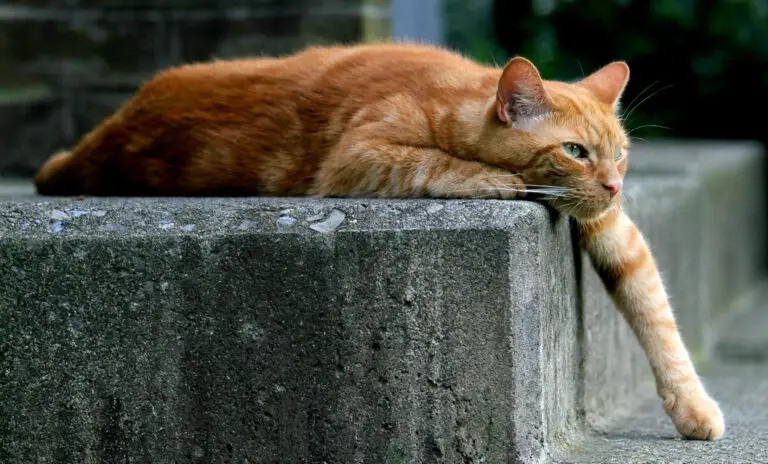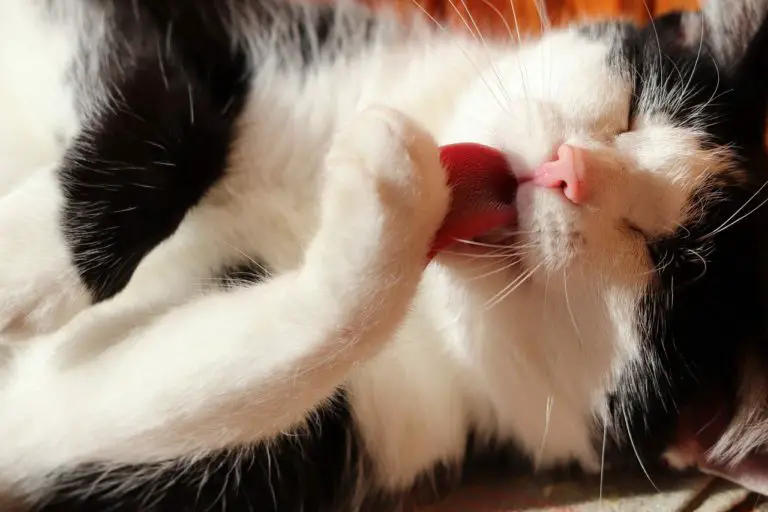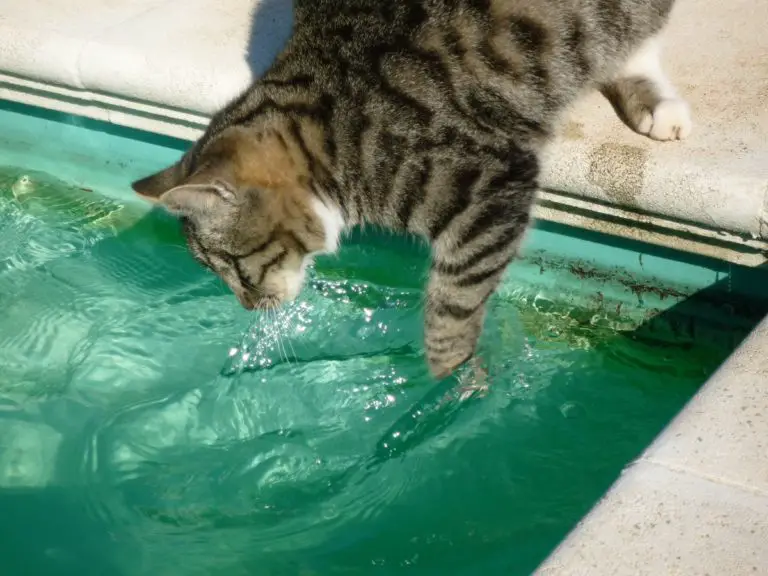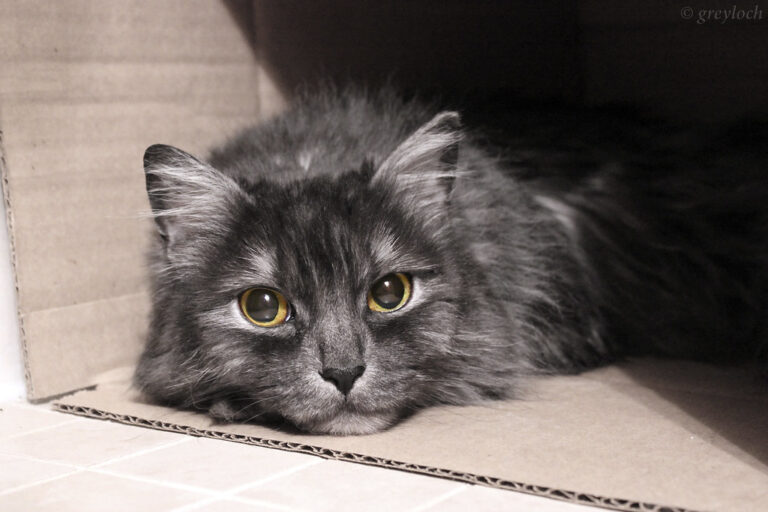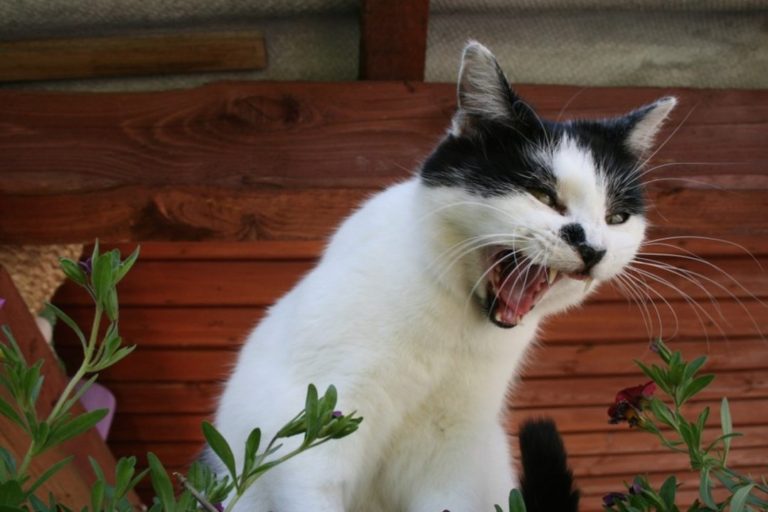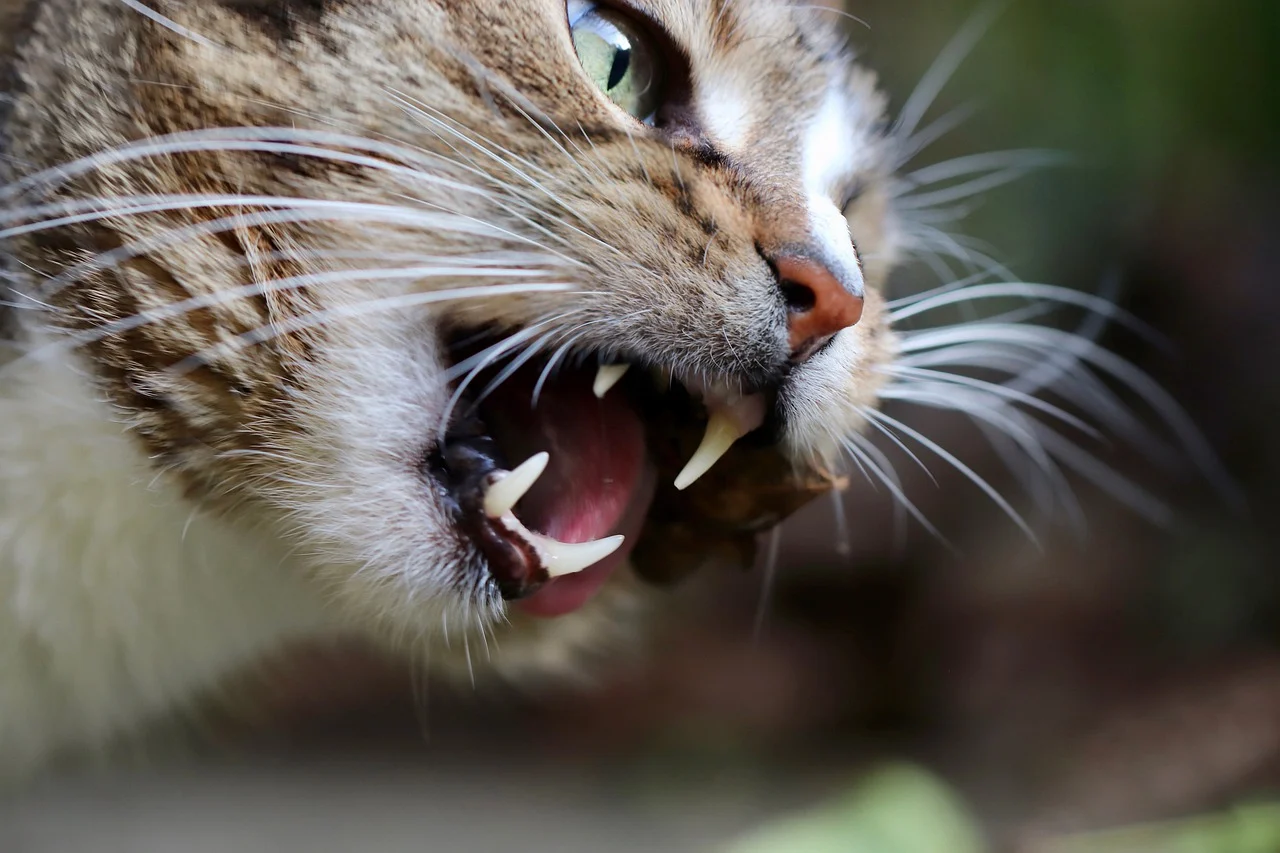
The answer is yes, cats can lose teeth. The most common type of tooth loss in felines is due to dental disease, though other causes are possible.
The most common cause of tooth loss in cats is dental disease, which can include gingivitis (inflammation of the gums), periodontal disease (inflammation and infection of the tissues surrounding the teeth), and tooth decay. Tooth decay typically progresses from the tip of the tooth down toward its root, so that when a cat loses a tooth it’s often because it has already lost much of its root structure.
As cats age, their teeth begin to wear down. The enamel on your cat’s teeth wears away over time and eventually exposes the underlying dentin layer. The dentin layer is softer than enamel so it doesn’t wear away as quickly as enamel does. As this happens, your cat’s teeth will become increasingly more sensitive and prone to decay. This can lead to infection in the jaw bone that surrounds their teeth and eventually lead to tooth loss if left untreated.
Other potential causes for tooth loss include:
- Traumatic injury to a cat’s mouth or face
- Dental malocclusion (a condition where one or more incisors overlap another)
- Malocclusion refers to an abnormal alignment or spacing of teeth that may make chewing difficult or impossible. Most commonly this condition affects cats with brachycephalic head types (flat faces).
Do Cats Lose Teeth as They Age?
Cats are notorious for losing their teeth as they age. While this is a natural process, it can cause difficulty eating and lead to other health issues.
As a cat ages, the enamel on its teeth begins to wear down. The roots of the tooth become exposed and more sensitive, which can cause pain when chewing food or even brushing its teeth. The gums can also become inflamed if your cat has lost too many teeth.
Cats can also develop diseases that cause them to lose their teeth. For example, periodontal disease is a common cause of tooth loss in cats. Symptoms include bad breath, swollen gums and difficulty eating hard food. Some cats also have dental problems that make it difficult for them to chew and digest prey properly.
Most cats will begin to lose their permanent teeth when they’re about 7 years old. This means that many cats will be missing one or more teeth by the time they’re 10 years old. For some cats, the problem may be worse: A cat’s jawbone and muscles don’t always grow at the same rate as its teeth, so some cats may have lost all of their permanent teeth by age 3 or 4!
Cats often lose their front incisor teeth first because they’re used to tear food into smaller pieces before swallowing it whole (like lions do). These are also the first teeth that develop cavities in humans because they’re constantly exposed while eating dry kibble or canned food (which doesn’t require much chewing).
What Should I Do if My Cat Has a Loose Tooth?
Your cat’s teeth are important to their overall health. If you notice that your cat’s teeth are loose, it could be a sign of gum disease or other dental problems. This is why it’s important to keep an eye on your cat’s teeth, so you can help them maintain good health.
If you notice that your cat has a loose tooth, or several loose teeth, contact your vet right away. Your vet will examine each tooth and determine if they’re loose due to dental disease or some other reason.
If the cause is dental disease, then your vet will likely recommend treatment for the problem. They may prescribe antibiotics, antifungal medications or other medications to help treat the infection causing the loss of teeth. In some cases, surgery may be required to remove abscesses or tumors in the mouth area.
If your vet feels that the missing tooth isn’t causing any problems, leave it alone; otherwise, she may recommend removing it so that your pet can eat and drink more easily. Many veterinarians will remove loose teeth at the same time as spaying or neutering surgeries because it cuts down on costs and stress for both you and your pet.
Can Cats Teeth Grow Back?
Cats cannot regenerate their teeth, so if they lose one or more of them, they will have to live the rest of their lives without them. However, there are ways to make sure that your cat’s teeth are healthy and strong.
Cats do not have the ability to regenerate their teeth like humans do. This is because they don’t have a jawbone to support new teeth growing in as humans do. Instead, cats are born with a full set of baby teeth that fall out when their adult teeth grow in.
Cats have several types of teeth: incisors (the four front teeth), canines (the pointy teeth), premolars (the middle front teeth) and molars (the back teeth). The first three types of teeth are responsible for biting and chewing food while the last type grinds it down into smaller pieces before it enters the digestive system.
Cats do not have any teeth that grow back if they get lost or broken due to injury or decay, but they do have some flexibility when it comes to replacing lost incisors (canines).
Most cats have 30 permanent teeth by the time they’re 2 years old; however, some cats may have extra molars or premolars that fall out later in life. For example, Siamese cats often have extra premolars due to their short faces causing crowding near the back of their mouths.
If your cat loses a tooth at any stage in their life, there is no way for it to grow back on its own — even if there is still an empty space left behind by the missing tooth!
Do Cats Loose Their Front Teeth?
The answer is yes, it does happen to most cats at some point in their lives. The average age for a cat to loose their teeth is around 6 years old. Some cats loose them sooner and some later than this age as well.
One of the main reasons why cats lose their teeth is because they are no longer able to chew on hard food due to gum disease or tooth decay. Most of the time when this happens, it’s because they aren’t eating enough soft foods like wet food and dry food mixed with water or canned food only.
Cats need to eat harder types of food like dry kibble because they help scrub away plaque and tartar that forms on the teeth from eating soft food all the time. The more tartar that builds up on your cat’s teeth, the more likely they will be to lose them sooner than later.
Another reason why cats may loose their teeth earlier than normal is because of genetics or an illness like feline leukemia virus (FeLV). FeLV can cause bone marrow suppression which means there isn’t enough red blood cells produced.


